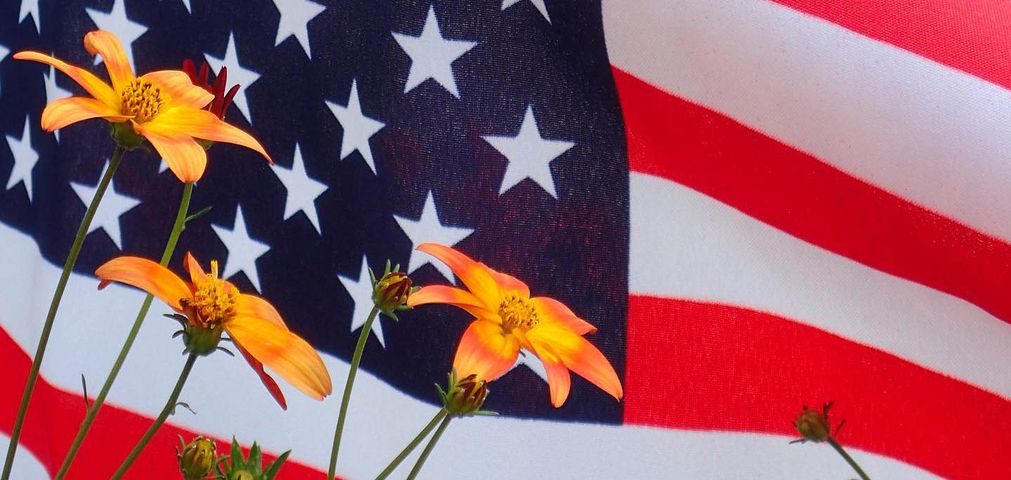
The United States has seen its share of adversity recently, including extreme political polarization, civil unrest, the coronavirus, and more. These threats have weighed heavily on the patriot in many of us.
A number of scholars have studied the link between patriotism and happiness, and have found that it is strongly positive. For example, a 2011 study in Psychological Science looked at 31 countries, and found that national pride significantly predicts well-being of the individual.
For millennia, the concept of patriotism was tied to a shared ethnicity, religion, or language. Love of country without these elements seemed inconceivable, until America was born. Here was a society comprised of all the nations of the world; all people with different languages, beliefs, and opinions.
"American patriotism is the shared civic spirit of competitive riffraff dedicated to building a nation together." Alexis de Tocqueville
There are people in the U.S. and elsewhere who use patriotism as a cloak for self-interest. But plenty of ordinary people display patriotism at its best: a real and generous love for their fellow citizens and shared ideals. You can cultivate healthy patriotism by emphasizing the positive things about our country and recognizing that things can be better if we work together for change.
This is the happy patriotism that can bring a nation back together around a commitment to one another, a celebration of values that transcend disagreements, and a belief that progress is possible, together.


This article created from https://www.theatlantic.com/family/archive/2021/07/patriotism-nationalism-happiness/619325/
About the Business
Have a question? Ask the experts!
Send your question

.Ws4_gTOfZ.png)